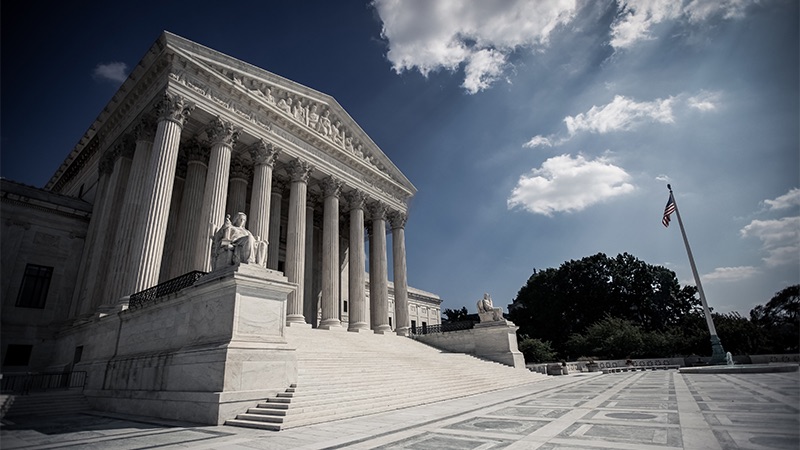Osama Bin Laden was wicked. Osama Bin Laden was feared. He was also, it turns out, kind of pathetic. Among the items American forces pulled out of the terrorist leader’s compound last week are videos of Bin Laden, wrapped in a blanket, watching himself on television. As ABCNews reports, the warlord is seen to be “a vain pathetic old man.” When I read this in the New York Times, I immediately thought of 1990s song “Mr. Jones” by the band Counting Crows: “When I look at the television, I want to see me staring right back at me.”
And what the old fox wanted to see was not just himself, but a younger version. American forces confirm that Bin Laden was dying his beard, to manage his image in order to appear more vibrant to his supporters around the world.
We shouldn’t really be surprised. The nature of evil, ultimately, is narcissism. And the end result of our narcissism is always evil. Sometimes that evil shows up in preening and boasting. Other times it shows up in the ease with which one takes offense. Sometimes that offense even morphs into a crusade or a jihad, around the world or in your office cubicle or church foyer.
Essayist David Brooks, picking up on contemporary psychological models for clinical narcissism, has noted that for the narcissist the self-image is “the holy center of all that is sacred and right.” This affects then how the narcissist receives criticism and personal offense.
“If someone treats him slightingly, he perceives that as a deliberate and heinous attack,” Brooks writes. “If someone threatens his reputation, he regards this as an act of blasphemy.”
Blasphemy is precisely the right word. The reason the offense, whether it is American troops in Saudi Arabia or the boss’ forgetting to invite you to the Christmas party, becomes so all-consuming for some is because it is an attack on one’s god and on one’s kingdom, the self-image.
Just last week, a fellow Christian told me of a tirade he’d heard from a co-worker, who was in a rage against his employers. The complaint was a litany of entitlement. This guy wasn’t honored enough, no one recognized his true genius, and so on. My first reaction was to think, “How sad. What on earth does this guy have to preen about?” In truth, though, what do any of us mortal sinners have to preen about? What do we have, as Paul asked, that we did not receive?
Osama Bin Laden’s dyed beard is blown half-off his skull. His body is submerged somewhere in the sea. And he is awaiting his turn at the Judgment Seat of the One he never expected to see. Most of us, thank God, will never approach the wickedness he unleashed on the world. But all of us will wrestle with the same root pathology. That’s because, left to ourselves, we all share the same religion as Osama Bin Laden. It isn’t Islam; it’s self-worship.
For those who are in Christ, there’s a more excellent way. As we worship God instead of self, we will find that the love of Christ is “not easily angered” but instead “keeps no record of wrongs” (1 Cor. 13:5). As the Spirit wrenches us away from our temple of self, and builds us into a living stone in the Temple of Christ, we will find a new way of life, a way that calls us out of our petty offenses, away from our dime-store jihads.






